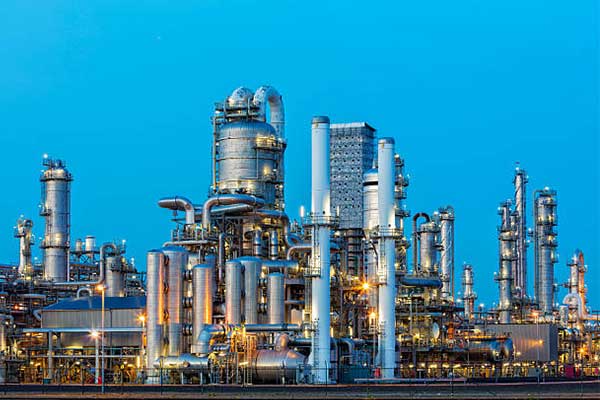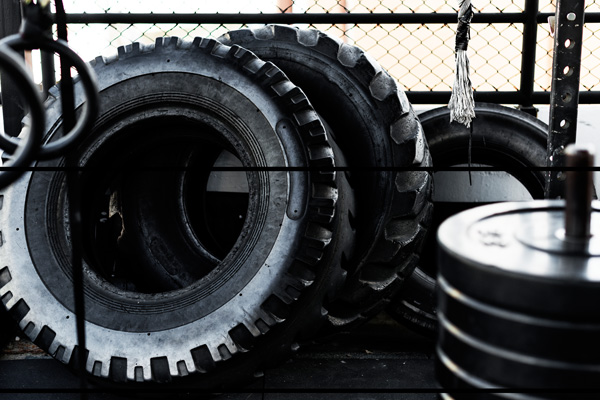
Pharma & Medical
The pharmaceutical industry discovers, develops, produces, and markets drugs or pharmaceutical drugs for use as medications to be administered (or self-administered) to patients, with the aim to cure them, vaccinate them, or alleviate symptoms. Pharmaceutical companies may deal in generic or brand medications and medical devices. They are subject to a variety of laws and regulations that govern the patenting, testing, safety, efficacy and marketing of drugs.
Oil & Gas
Oil and natural gas are major industries in the energy market and play an influential role in the global economy as the world’s primary fuel sources. The oil and gas industry is one of the largest sectors in the world in terms of dollar value, generating an estimated $5 trillion in global revenue as of 2022. Oil is crucial to the global economic framework, impacting everything from transportation to heating & electricity to industrial production & manufacturing. The oil and gas industry is broken down into three segments: upstream, midstream, and downstream.


Petrochemical
Petrochemicals are the concoction items acquired from oil by refining. Some synthetic mixes produced using oil are additionally acquired from other petroleum derivatives, for example, coal or flammable gas, or sustainable sources, for example, corn, palm natural product or sugar stick.
The two most basic petrochemical classes are olefins (counting ethylene and propylene) and aromatics (counting benzene, toluene, and xylene isomers).
Petroleum processing plants produce olefins and aromatics by liquid reactant breaking of oil portions. Synthetic plants produce olefins by the steam splitting of petroleum gas fluids like ethane and propane. Aromatics are created by synergist improving naphtha. Olefins and aromatics are the structure hinder for a wide scope of materials, for example, solvents, cleansers, and glues. Olefins are the reason for polymers and oligomers utilized in plastics, saps, strands, elastomers, oils, and gels.
Chemical
The chemical industry comprises the companies that produce industrial chemicals. Central to the modern world economy, it converts raw materials (oil, natural gas, air, water, metals, and minerals) into more than 70,000 different products. The plastics industry contains some overlap, as some chemical companies produce plastics as well as chemicals.


Manufacturing
The manufacturing industries are industries transforming goods, that is, mainly manufacturing industries in their own right, but they also concern the repair and installation of industrial equipment and subcontracting operations for third parties. The manufacturing industries convert raw materials into finished goods. This industry makes use of machinery or labor to manufacture finished goods.
Fitness & wellness
Physical fitness is the general capacity to adapt and respond favorably to physical effort. Wellness is the search for enhanced quality of life, personal growth, and potential through positive lifestyle behaviors and attitudes. It is an active process of becoming aware of and making choices toward a more successful existence. Physical fitness and wellness are closely related and often interdependent.


Tyre Industry
The tyre industry is a major consumer of the domestic rubber production. Natural rubber constitutes 80 per cent of the material content in Indian tyres. Synthetic rubber constitutes only 20 per cent of the rubber content of a tyre in India


